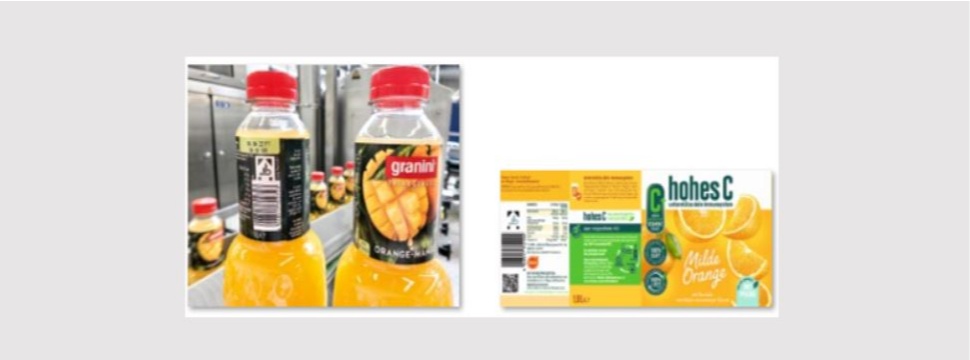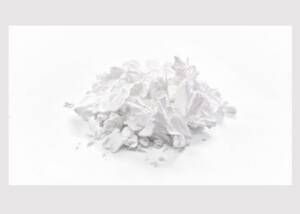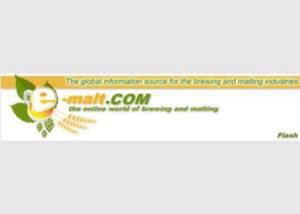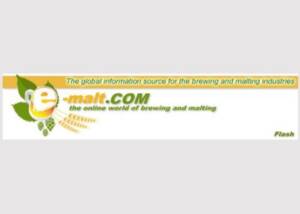Eckes-Granini brands already starting with deposit on juice and nectar PET bottles
News General news
For the environment: strengthening the recycling loop with deposits
As of January 1, 2022, the statutory deposit on non-refillable plastic bottles will also be extended to juices and nectars. Eckes-Granini Deutschland GmbH expressly welcomes this amendment to the Packaging Act: "The extension of the mandatory deposit to include juice and nectar is a long overdue step on the road to closed cycles and more sustainable packaging solutions," says Kay Fischer, Managing Director of Eckes-Granini Deutschland GmbH. "As a company, we are actively committed to sustainability and have also made a strong case for the juice pledge."

Eckes-Granini is living up to its responsibility when it comes to environmental protection and has already been gradually converting its brands since July: FruchtTiger made a start on July 19, followed by granini in August and hohes C from September. Eckes-Granini informs its consumers about the sustainable news and the gradual integration of PET containers into the learned deposit system with deposit information on the bottle labels as well as display and shelf wobblers that link to further online information via QR code. From July 3, 2021, to June 30, 2022, a "transition period" will apply, allowing deposit and non-deposit products to coexist. The familiar DPG symbol on the label helps keep track.
Juice deposit brings an additional 45,000 tons of PET
Around 45,000 tons of PET are currently lost to the deposit system. This corresponds to just under ten percent of all PET bottles in circulation. These PET bottles, which have not yet had a deposit, are currently disposed of via the dual system and, due to contamination and mixing, are largely only recycled downstream. Deposited PET bottles, on the other hand, are collected cleanly via the return vending machine and can thus be fed back into the recycling cycle for food packaging, among other things. This means that more recycled PET (r-PET) is available for the closed-loop recycling system.
100% recycled PET for all brands by the end of 2022
In response to an EU requirement, the new Packaging Act stipulates that certain non-refillable plastic beverage bottles made of PET must consist of at least 25 % recycled material from 2025 (30 % from 2030). Here, too, Eckes-Granini is a pioneer and far exceeds the targets: the company will use only PET bottles made of 100 % r-PET for all its German brands by the end of 2022 - thus saving around 9,000 metric tons of new plastic per year that is not newly produced from crude oil and introduced into the recyclable materials cycle. Eckes-Granini is already producing the bottles of its anchor brand hohes C from 100 % r-PET this year. The declared goal is to achieve a closed loop "from bottle to bottle". The switch to 100 % r-PET is an important component of the company-wide sustainability agenda of Eckes-Granini Germany. For this year alone, the Nieder-Olm-based company is investing more than 6 million euros.










